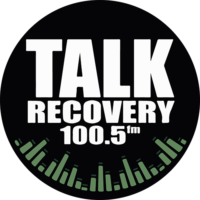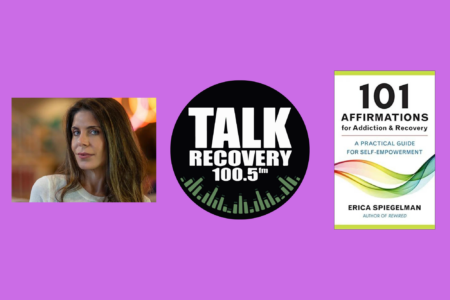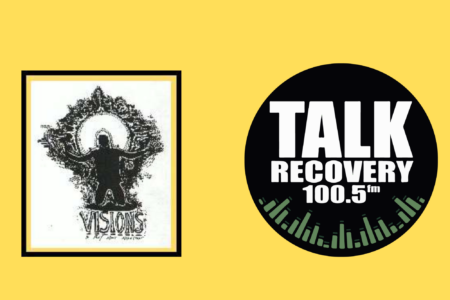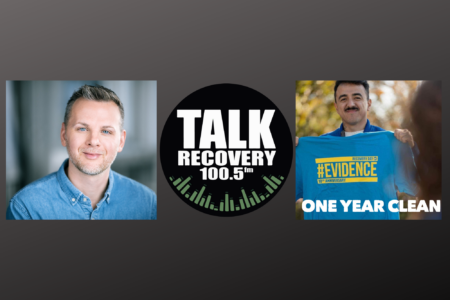Recovery from food addiction
Talk Recovery RadioTalk Recovery Radio airs every Thursday on 100.5 fm in Vancouver from 12 pm to 1 pm, hundreds of shows over 6 years. Bringing addiction recovery issues to the airways. Powered by Last Door Recovery Society
Replay the show:
Guest 1
Author of “The Emotional Eating Workbook” and “The Food Addiction Recovery Workbook”
Dr. Carolyn Coker Ross is the author of “The food Addiction Recovery Workbook”. A big asset of the book that it can help with would be identifying the underlying root cause of why you have developed a food addiction or why you developed it. The book is a workbook and it takes you through the same process that Dr. Ross uses in her work with her clients and also her online program, which is called the anchor program. It also gives you a very holistic approach to dealing with all things you need to deal with like not using food when you are having uneasy emotions or when something stressful comes up.
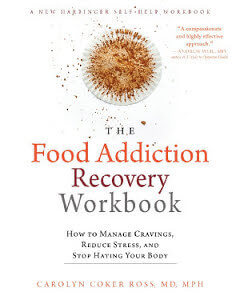
Dr. Ross became passionate about working in addictions because she has had addiction in her family including eating addiction, drug addiction and alcohol addiction. Also, when Dr. Ross was in her practice she saw a lot of women struggle with eating disorders and that drew her in that direction.
Eating addictions is a bigger problem than people think it is, to some people eating addictions are people who are extremely over weight and who do not get off of their couch but really eating addictions can manifest in anyone’s life big or small. Eating addictions are not about the food or not about the weight, for a long-time food addiction were related to weight but now they are more related to the lifestyle. Dr. Ross does more than just help people lose weight but actually help them heal because losing some weight is not a very sustainable way to live.
People of have a 12-step based program to go to if they are looking for help with their eating addiction there is over eaters anonymous and food addicts anonymous. Abstinent is encouraged in programs like NA, AA and GA but in OA (Overeaters Anonymous) or FAA (Food Addicts Anonymous) abstinence is not the goal because food is such a source of living and you need it to live. The goal for people recovering from food addiction is really to connect to the reason why they are using food in this way.
You can learn more at Facebook or Website
Guest 2
Personal Addiction Recovery Story
Followed by personal story with Andrew N, Andrew’s story – a young man from Saskatchewan moved to Vancouver from Regina to get help with his substance use problem. Andrew is now in recovery from addiction, hear his story
Archive of all shows can be found here www.TalkRecoveryRadio.com
Listen and Subscribe
Talk Recovery airs live every Thursday at noon on 100.5 FM, Vancouver Coop Radio. The Last Door produces this weekly radio show discussing the many pathways to addiction recovery. To end stigma we must continue to talk about recovery. Talk Recovery is in its 7th Season, Hundreds of guests, thousands of listeners, thank you. Show ideas? Email community@lastdoor.org
Powered by #NewWestRecovery

